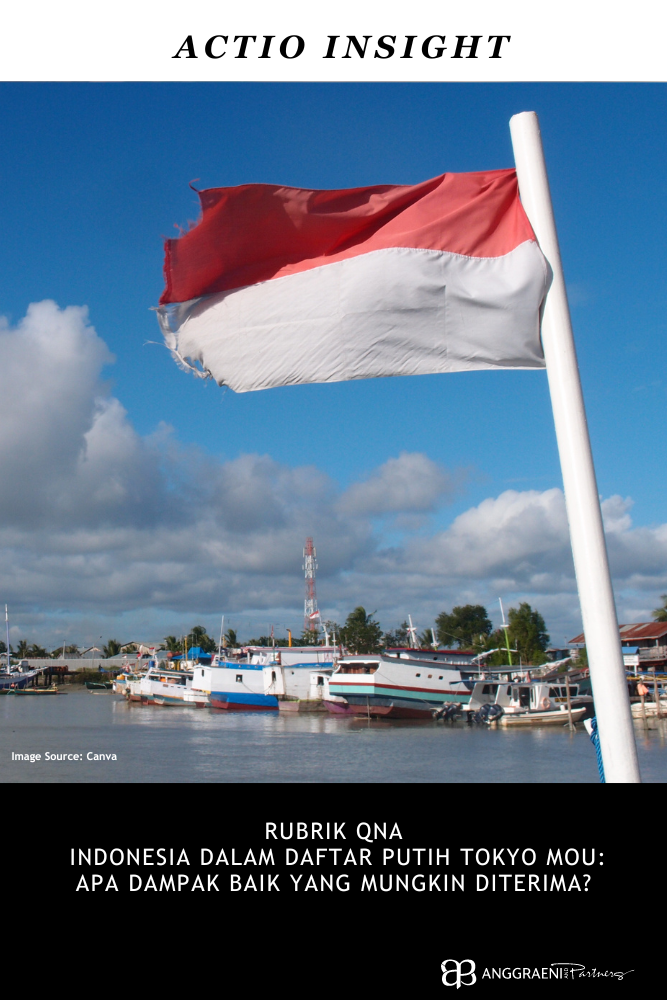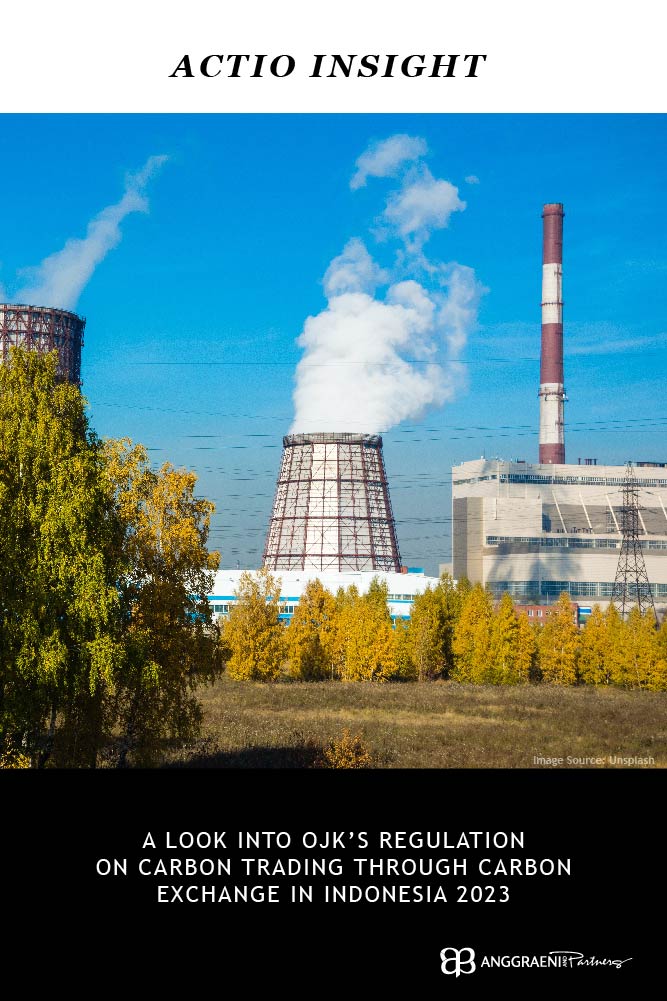- Home
- Capabilities
- ACTIO® Hub
- About Us
- Connect with Us
- AP Library
In2017, President Joko Widodo assented to Law Number 7 of 2017 concerning General Elections (“Election Law”) which integrates laws and regulations related to general elections into one regulation, which was previously regulated based on: Law No. 15 of 2011 concerning General Election Organizers (“PPU Law”);
Law No. 8 of 2012 concerning General Elections on members of the DPR, DPD and DPR; Law No. 42 of 2008 concerning General Elections on the President and the Vice President; and parts of Law No. 11 of 2006 concern- ing the Aceh Government.
Since the enactment and promulgation of the Election Law, the laws and regulations relating to the aforementioned Election have been revoked and declared not applicable.
Some of the points highlighted in the 2017 Election Law are new provisions which deal with issues including :
(i) law enforcement in the Election Law;
(ii) persons with disabilities in the Election Law;
(iii) changes to the duties and authorities of election organizers;
(iv) presidential and parliamentary thresholds; and
(v) provisions regarding campaign and campaign funds This article will focus on law enforcement based on the 2017 Election Law.
Law Enforcement in GeneraL Elections Based on thE Election Law
Election law enforcement in this Election Law is divided into several parts, namely;
First, election violations;
Second, election disputes;
Third, disputes over election results; and
Fourth, election crimes.
First, election violations consist of violations of the code of ethics, administrative violations and violations of other laws and regulations that are not included in election violations, not election disputes, and not election crimes.
An administrative violation may be an general administrative violation or an integrated administrative violation. The difference between those two is that the integrated violation is structured, massive and systematic. Moreover, these violations encompasses instances where there is any invalid, missing or deficiency during an administrative process in the general election.
Examples include where an administrative officer of KPU who has a duty to verify any administrative documents of any election participants fails to check and consequently results in inflicting harm to an election participant in the general election process.
Second, election dispute in Election Law distinguishes between two classes of disputes.
First, disputes between election participants, and election participants’ disputes with the election organizers as a result of the issuance of KPU Decrees (red: Sengketa Proses Pemi- lu) and second, election disputes which occur after a KPU Decree on the national voting results which hap- pens between KPU and election participants.
Based on the Election Law, the decision of the Indonesian Election Supervisory Board (Bawaslu) regarding dispute resolution in the electoral process is a final and binding decision, except for decisions on electoral disputes relating to election political party verification, determination of the list of candidates for DPR, DPD, Provincial DPRD and Regency/City DPRD, as well as the determination of presidential and vice-presidential candidates.
Bawaslu resolution on this matter can be appealed to the Administrative Court.
These provisions explain the authority and flexibility of the roles and duties of the Election Supervisory Body to handle and resolve election disputes.
Third, another election disputes are disputes between KPU and Election participants regarding national election results for candidates for DPR, DPD, DPRD, President and Vice President nationally including disputes over the determination of votes and the results of votes that can affect the election seats.
Requests for settlement of disputes are sub- mitted by election participants to the Constitutional Court no later than 3×24 (three times twenty-four) hours from the announcement of the voting results by the KPU.
The KPU must also respect and give effect to a verdict of the Constitutional Court both for legislative election disputes and the elections for president and vice president.
Fourth, election crimes in the General Elections are criminal acts of violations and/or crimes against elections, such as:
(i) providing false information during the General Elections processes;
(ii) any head of village or other title who deliberately takes any action for enriching himself and inflicting harm to other election participants;
(iii) any person who interferes with, hindering, and/or disrupting the election campaign;
(iv) any person who knowingly conducts an election campaign at any other time outside those scheduled by KPU; and any other election crimes stated in Chapter II of 5th book on Election Law.
Any reports of alleged election crimes are forwarded to the National Police of the Republic of Indonesia at the latest 1×24 (one twenty- four) hours after coordinating with the Indonesian National Police and the Attorney General’s Office of the Republic of Indonesia.
The law specifically refers to an enforcement body Gakkumdu, translated as the Integrated Law Enforcement Agency of the General Elections.
The previous PPU Law did not detail the supervisory institution that could forward an Election crime report, the 2017 Election Law clearly stipulates that that the lowest supervisory institution that could deal with an Election crime report is the Sub-District Election Supervisory Committee (Panwaslu Ke- camatan) to Bawaslu.
Further, the Act allows wide discretion to investi- gators. Although the submission of the results of investigations along with case files to the public prosecutor must take no longer than 14 (fourteen) days after the report is received, the investigation and can be carried out even without the presence of the suspect.
Furthermore, the public prosecutor can delegate case files to the district court within 5 (five) days after receiving the case file and this Prosecution can also be carried out without the presence of the suspect (in absentia).
District court decisions can be appealed to the High Court, and the appeal decision is final and no further legal action can be taken after this Appeal.
The new Election Law is an improvement from the earlier laws which failed to clearly regulate the Prosecution of Election crimes.
A flow chart illustrating the process of Election crimes under the 2017 Law is set out below:
Based on the explanation above, the target of election regulation can be said to be an effort to realize the objectives of the promulgation of this Election Law, which are to realize elections that are democratic, fair, credible, accountable, effective and efficient. TKK/HES
1. Regulation of Bawaslu No. 8 of 2018 on General Election Administrative Violation Settlement. Art. 1 Par. 28 and 29;
2. See: Bawaslu Decree No. 010/ADM/BWSL/PEMILU/XI/2017.
1. Election Law, Art. 488;
2. Election Law, Art. 490;
3. Election Law, Art. 491;
4. Election Law, Art. 492.


